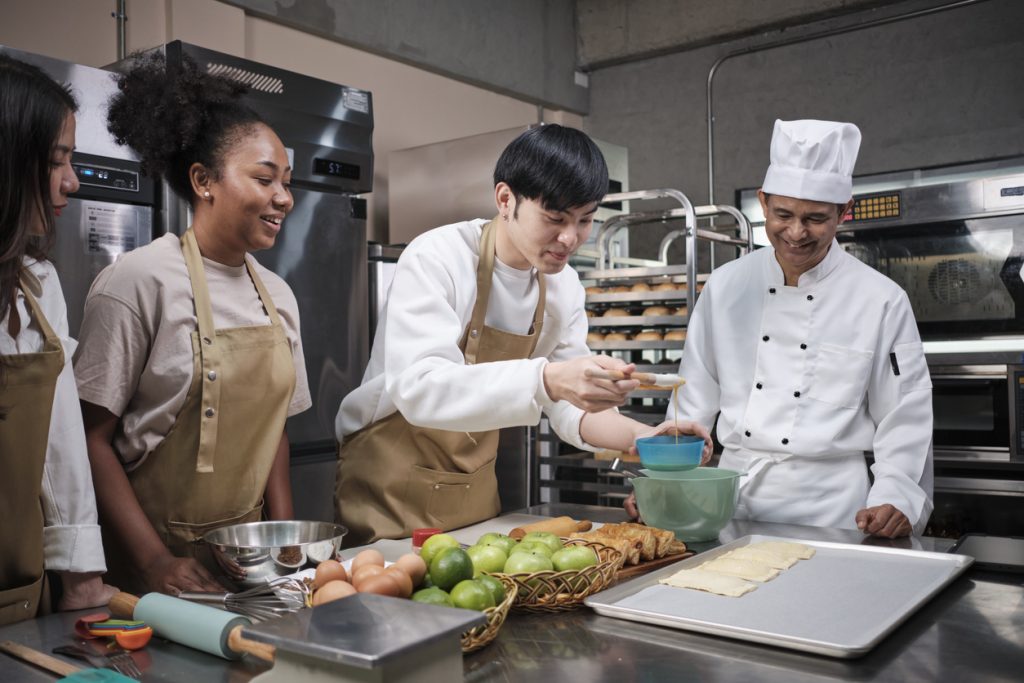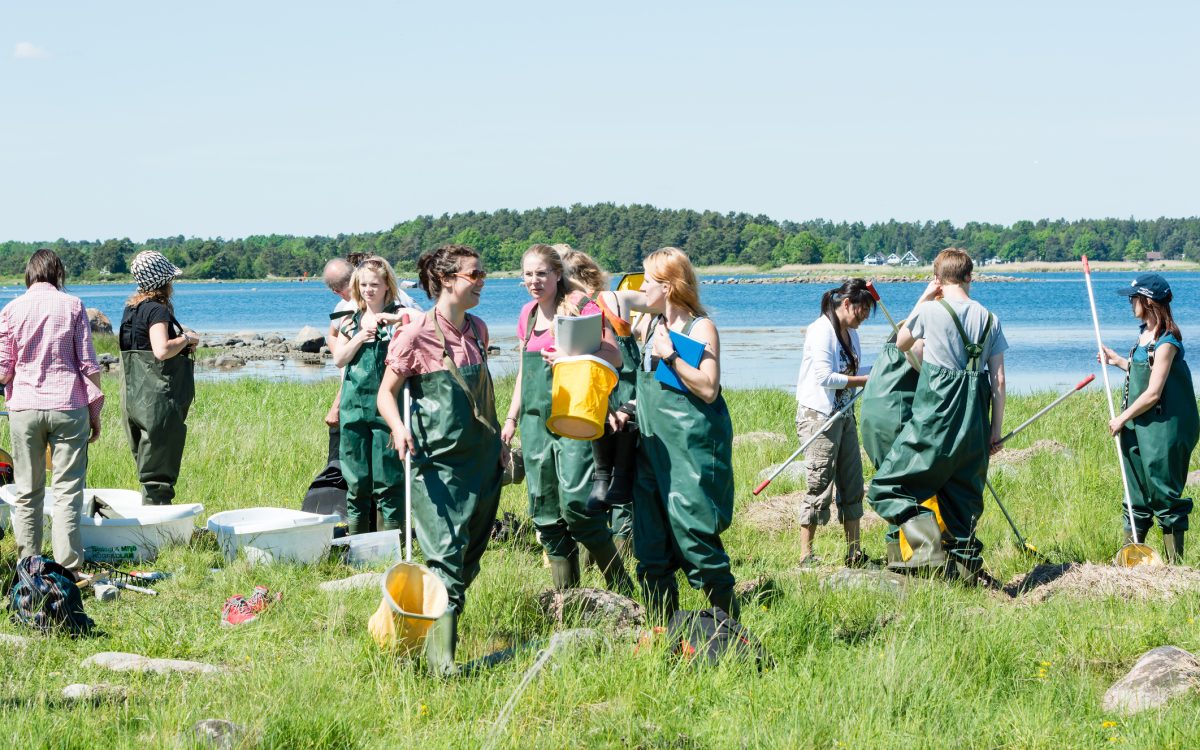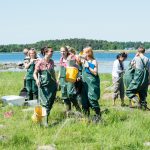Career exploration offers teens hope for the future – even if they learn what they don’t like
|
Getting your Trinity Audio player ready...
|
Maybe you were excited because you had it all figured out and knew exactly where you were headed. Or you might have been scared and anxious about what lay ahead. You likely were asked the age-old, sometimes-dreaded question from family and friends: “So, what do you want to be when you grow up?”
As a career educator, and a parent to a 17-year-old daughter, I can attest to the anxiety I see in some young people. I have also witnessed the eagerness of others who are ready to take the next step toward their career. However, in my experience, the second group tends to be a much smaller group than the first.
Through the work we do at Career Trek, a charitable organization in Manitoba, we are providing experiential career development programming for children and youth from equity-deserving groups as early as Grade 5. We take participants to universities, colleges and businesses, giving them the opportunity to explore careers in sectors such as health care, trades, technology, biotech, STEM and natural resources.
We partner with schools and community groups to offer our programs during the day, after-school, on weekends and in the summer. This creates another avenue for students to engage in learning that algins with the provincial K-12 curriculum and labour market needs. Participants in our programs gain valuable experiences and insight into a variety of careers and what’s required to get there. We aim to help young people home in on what they like, what interests them – and even what they don’t like.
Over the past three years, Career Trek has been running a series of Career Education Summer Camps. When we spoke with campers at the end of the program about their experience last summer, here’s what some of them had to say:
- “I want to be a carpenter when I grow up, so I can build my own house.”
- “This camp kind of opened my horizons. I was bent on doing one thing, and now I’ve looked into different careers and realized I could actually [do any of these things] and it’s really nice.”
- When asked about an important learning they would take from their camp experience, one camper shared, “That I should follow my own path and not follow what other people want me to do.”
- “It was cool to experience and learn about this career but I don’t think it’s for me.”
- “By helping us experience and learn firsthand, Career Trek helped me better understand different careers.”
- “Attending a camp like this makes you have more confidence in yourself.”
- “I am glad I know what courses I need to take in high school, I don’t feel as anxious about it.”
- “I think now I might want to be a graphic artist because I can use art and technology.”
When I read this kind of feedback from participants, it reaffirms the need for and importance of career development programming for young people on a number of different levels. What I see in their responses is:
- They are discovering career options that resonate with who they are and what they want for themselves. This kind of insight is extremely valuable and can lead a young person down a career path that they want to invest in and one that they are excited for. On the flipside, it can also help them understand what they don’t like and knowing that is just as important.
- Career development programming creates the opportunity for reflection, curiosity, questioning and further investigation.
- Their involvement in career programming is creating or supporting future aspirations.
- It’s providing understanding, insight and connection.
- The programming is creating a space for them to have positive experiences related to education, learning and career, which lends itself to an increased level of confidence and a decrease in anxiety.

When these things can happen, I think youth start become more self-aware. They start to realize there are possibilities – shifts can happen, there is hope for the future and there is some clarity and direction. Even if it’s for a brief moment, there can be a lessening of the stress they’re feeling about their future.
However, I recognize that not all young people have access to in-school or after-school career programming. In the absence of formalized programming, there are a couple of other ways for youth to seek out and start to explore their interests and potential careers.
“They start to realize there are possibilities – shifts can happen, there is hope for the future and there is some clarity and direction.”
In a school setting, students may have access to career counsellors or guidance counsellors. Often, these individuals have access to resources that can help youth start to think about their future. They may have information about career fairs or open houses happening on university or college campuses, and they may be able to make referrals to organizations that are looking for volunteers.
Even without access to a career counsellor, volunteering can be an excellent way for young people to “try out a job” and gain experience. My early volunteer experience helped me define part of my career path, leading me to work in the charitable sector. Just like career programming, volunteering can also help a young person understand what they like and what they don’t like. Many provinces and territories in the country have some kind of volunteer organization or association that posts a variety of opportunities for getting involved. In addition to this, and as a secondary benefit to volunteering, it also helps a young person gain new skills, meet new people and build their resume.
As I mentioned, I have a 17-year-old daughter. She will graduate from high school in 2024. I see first-hand the angst that comes with not knowing and asking oneself, “what now?” or “what’s next?” If I can offer any advice, I would say, it’s OK not to know at 17 or 18 what you want to do. It’s fine to not have it all figured out yet. It’s OK to take some time and think about what you like, what you’re interested in and seek out opportunities where you can experiment with those interests and likes. And I think it’s important to know that it’s OK to change your mind – to go off in a different direction if you learn something about yourself along the way that you want to explore further. Be open and receptive to life-long learning and new experiences, and have fun along the way.






